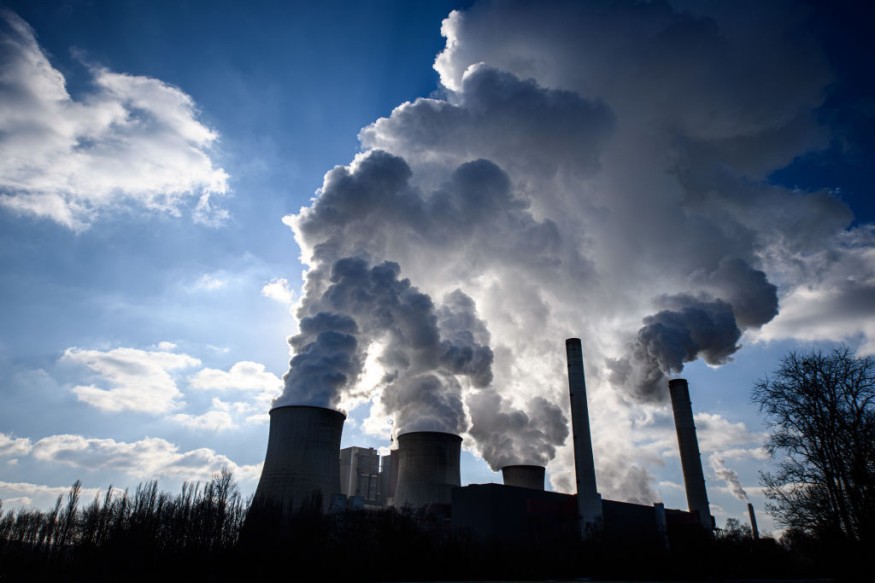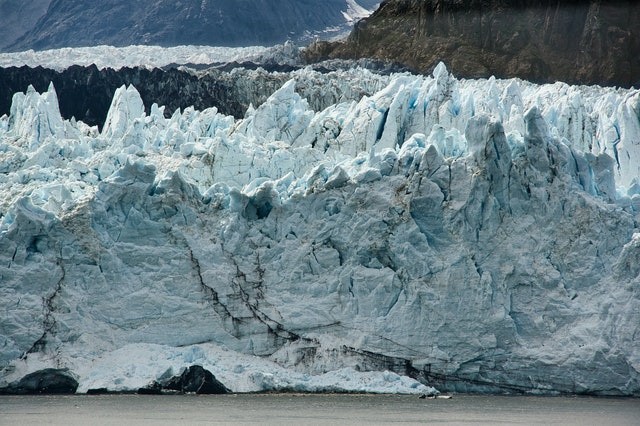Humanity already triggered massive climatic changes, and we are on the verge of causing far more. However, it may not be too late to avoid or mitigate some of climate change's worst impacts. If we immediately ceased releasing greenhouse gases, the rise in global temperatures would begin to level out within a few years. Temperatures would subsequently reach a plateau but would stay far above ideal for several millennia.

Long Term and Irreversible Effects
Even if we stop generating greenhouse gases and cease global warming immediately, the new UN climate report this week raised the alarm about the "irreversible" consequences of climate change, such as rising seas and coastal floods, which we will continue to experience for centuries or more.
"We are now committed to some parts of climate change, some of which are irreversible for hundreds to thousands of years," Tamsin Edwards, a climate scientist at King's College London and co-author of the IPCC report released Monday said.
Related Article : Can "Refreezing" Arctic Ice Reverse the Effects of Climate Change?
Good News
Fortunately certain effects, such as warming of the Earth's surface, may be mitigated - theoretically - by removing carbon from the atmosphere.
While the impacts of human actions on Earth's climate to date are irreversible on a human timeframe, every amount of averted future temperature rises results in less warming that would otherwise endure indefinitely. Thus, reduced greenhouse gas emissions provide advantages on the same timeline as the political actions that result in such reductions.
Reversible Effects

What causes certain effects to be irreversible while others are not? What does this entail in terms of the impact of reducing emissions and extracting carbon from the atmosphere? And what does it all imply in the long run?
The report examines a variety of changes that are currently taking place - and would continue to do so for millennia, "even if we manage to somehow instantly halted CO2 emissions."
What to Do?

The US National Academy of Sciences produced a series of peer-reviewed studies titled America's Climate Choices in response to a request from the US Congress to offer authoritative evaluations to advise and guide solutions to climate change across the country. In addition, the NAS study Limiting the Magnitude of Future Climate Change, which is relevant to this topic, discusses measures that might be implemented to reduce or even reverse global warming.
"Meeting globally negotiated objectives for controlling atmospheric greenhouse gas concentrations and accompanying rises in global average temperatures would need a significant shift from business as usual in how the world uses and produces energy," the researchers pointed out.
Furthermore, NASA claims that reacting to climate change will require a two-tiered approach:
ADAPTATION through learning to live with and adjust to the climate change that has already begun and;
MITIGATION by decreasing the flow of greenhouse gases into the atmosphere.
The main question in combatting the Climate Crisis is how much carbon dioxide and other pollutants we will emit in the future. While we won't stop global warming tomorrow or even over the next several decades, we can slow and restrict it by lowering human emissions of heat-trapping gases and soot.
For more environmental news, don't forget to follow Nature World News!
© 2026 NatureWorldNews.com All rights reserved. Do not reproduce without permission.





